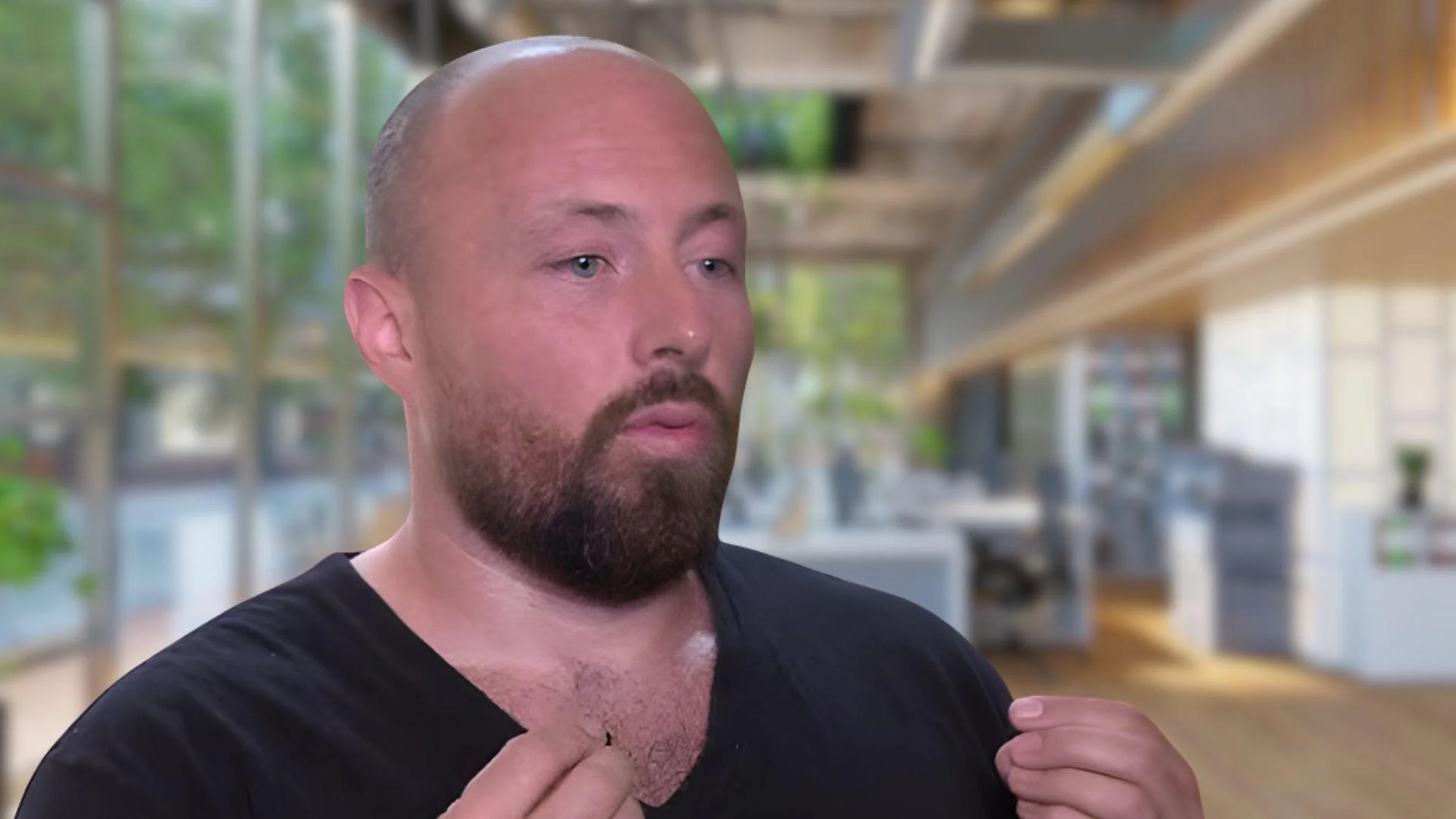
Homeowners can save on their premiums by bundling coverage, asking for discounts and upgrading their homes. | Pixabay
Homeowner’s insurance protects what is most consumers' biggest asset, enabling them to make repairs or rebuild from damages caused by storms, theft or fire.
But policy costs continue to rise every year, according to the Street. In 2010 the average annual premium was $909, which jumped up to $1,445 in 2020, a 59% increase, the National Association of Insurance Commissioners reported.
With rising insurance premiums, looking to these nine tips can help discover ways to save on the costs.
1) Raise your deductible – Shelling out $1,000 when disaster strikes may sound tough, but raising your deductible from $500 will reduce your premium. Just make sure emergency funds are in a high-yield savings account or CD for easy access if needed.
“Be aware that you'll need to cover more of the cost in the instance of a claim, so be sure to set aside money, just in case,” P.J. Miller, a partner with Wallace & Turner Insurance in Springfield, Ohio, told the Street.
Check for multiple deductibles in your policy and adjust them accordingly.
2) Find loyalty discounts – Insurance carriers often offer discounts for bundling vehicle coverage with your homeowner’s policy.
“Showing your loyalty to one insurer could help you land a discount, especially if you have multiple policies,” Miller told the Street.
3) Credit scores matter – A higher credit rating will lower your premium. Paying all bills by their due date and keeping your credit card balances low helps raise your score. Don’t stretch your debt limits either.
Maintaining a strong credit score is a crucial factor, Ryan Papy, president of Keyes Insurance in Miami, told The Street.
4) Upgrades to home reduces exposure – Replace your water heater, outdated electrical and plumbing systems, install a security system, energy efficient windows and a new roof, according to the Street. As these upgrades are considered, check with your insurer to see which upgrades make the best sense financially based on the discount offered. Anything necessary for the family’s safety should be completed regardless of the discount.
5) Independent insurance agents shop around for discounts – Contact an independent insurance agent who can help you choose from a number of carriers to find the discounts and credits that best suit your situation.
6) Buy flood, windstorm and earthquake coverage – Florida homeowners wanting the additional windstorm coverage must buy year-round policies to be covered.
“There is a delay between purchasing coverage and when it becomes in force during hurricane season — with the exception of new purchases,” Papy told the Street.
Installing shutters and single-wrap roof attachments can mitigate damages for additional discounts.
Buying flood insurance at least 30 days before the hurricane season will also help as it will go into effect after 30 days. Florida’s hurricane season runs from June 1 to Nov. 30.
7) Ask for discounts – Senior citizens and homeowners in gated communities are among those who might qualify for a discount, according to the Street. Ask your carrier what savings can be offered.
8) Shop around – Check homeowner’s, flood and windstorm rates annually and compare them to your renewal rates as well.
“The best advice is to shop around and compare quotes,” Adam Johnson, an insurance analyst at Quote Wizard, a Seattle-based insurance comparison shopping website, told the Street.
9) Take an Inventory – This extra time spent at home due to the global pandemic is a great opportunity to inventory your home or update an older inventory. Track recent purchases through photos of the items and any receipts and put these photos and documents in the cloud for future reference.






 Alerts Sign-up
Alerts Sign-up